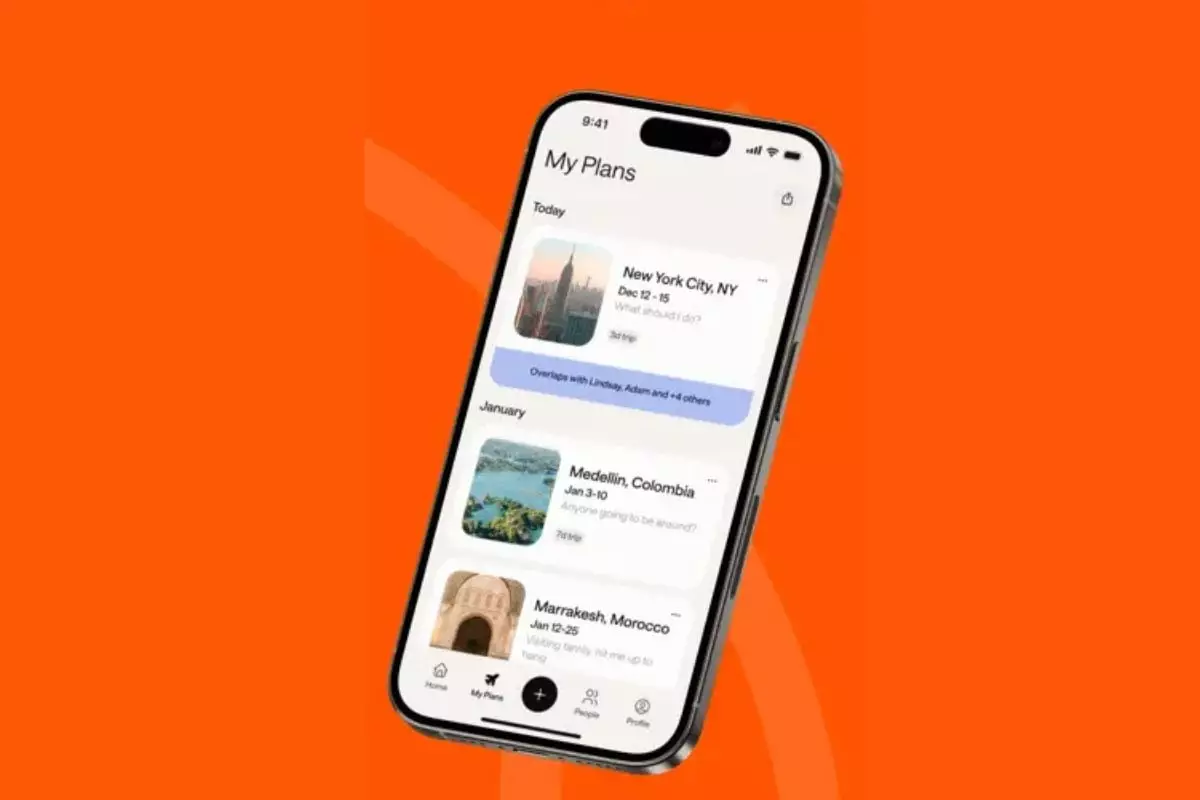In an age rife with social media platforms flooded with influencers, brand promotions, and content overload, a new competitor is emerging with a radically different approach. Mozi, founded by notable entrepreneur Ev Williams, is an alternative social media platform launched exclusively on iOS. Breaking away from the traditional norms of social media, Mozi endeavors to foster genuine connections among users while bypassing the noise typically associated with social networks. This article explores the unique features of Mozi, its purpose, and its potential impact on how individuals interact in today’s digital age.
Ev Williams has expressed a strong desire to address the shortcomings of conventional social media platforms. According to him, the problem lies in their failure to promote authentic connections, often favoring content dissemination among an audience of strangers. Mozi is designed specifically to counteract this trend by creating a space that prioritizes private interactions over public visibility. Users are encouraged to engage with people they know or wish to know better, thereby facilitating more meaningful relationships. Mozi’s limitations, such as the absence of public profiles, follower counts, and content sharing, all serve to enhance user privacy and foster real-life interactions.
The defining feature of Mozi lies in its simplicity. Unlike typical social media apps, Mozi doesn’t allow users to share photos or videos. Instead, it focuses on the social aspect of knowing about your friends’ whereabouts. The app notifies users when they are scheduled to be in the same city or attending the same event as someone they know, promoting face-to-face encounters. Williams describes this core value proposition candidly: connecting with friends in person, not through a screen. By emphasizing the significance of physical presence, Mozi aims to enrich its users’ social lives—turning virtual connections into real-world experiences.
In addition to facilitating connections, Mozi also offers practical features that can streamline decision-making around social events. Users can check which of their friends plan to attend various events over a weekend, enabling them to select activities that are more likely to include familiar faces. This feature transforms event planning from a solitary endeavor into a more communal experience, aligning social preferences and enhancing group engagement. Through this function, Williams envisions a shift towards more intentional gathering, encouraging friends to choose events that they can attend together.
Since its soft launch to a limited audience, the feedback has been overwhelmingly positive. Early users have reported that the app has successfully facilitated interactions among friends, confirming that the desire for genuine connections still exists in today’s fast-paced digital landscape. While the app is currently only available for iOS users, a waitlist for Android is already in place as the company prepares for broader accessibility. This strategic planning suggests that Mozi aims to expand its reach, allowing even more users to reconnect with their social circles meaningfully.
Another compelling aspect of Mozi is its commitment to user privacy and control. The platform ensures that anything shared by a user is visible only to mutual contacts—verified through phone numbers—and prohibits public sharing. Users can maintain their social networks without the pressure of public scrutiny that plagues many traditional platforms. Furthermore, users have the option to restrict visibility to “close friends” or remove contacts entirely, promoting a more curated and intimate social experience.
Mozi presents a refreshing alternative in the realm of social media by prioritizing personal connections over content proliferation. Ev Williams’s vision, rooted in meaningful interactions rather than expansive follower counts, could redefine what we expect from social platforms. As users increasingly seek to engage more authentically, Mozi provides a valuable solution, encouraging a shift back towards real-world gatherings and personal conversations. The future looks promising for this new social app, as it not only caters to existing demands for privacy and authenticity but also reinvigorates the essential human element of social interaction.

